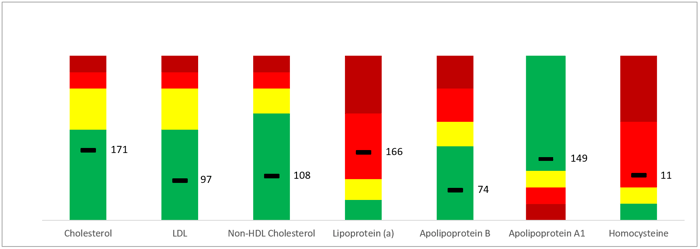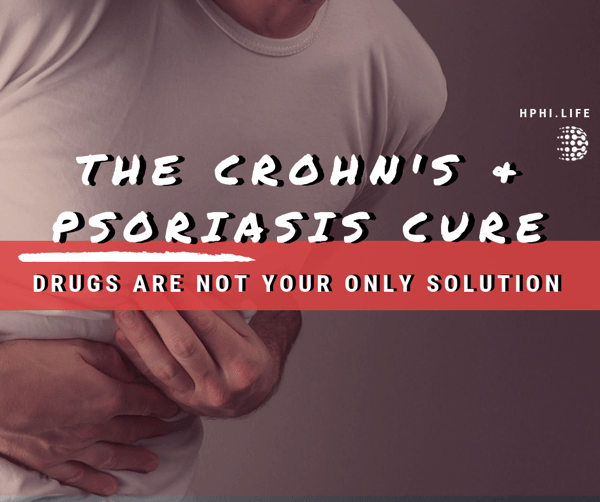
Say it ain't so!
Unfortunately, it is so.
We have been lead to believe a plethora of lies, unfortunately, regarding the topic of cholesterol.
Fallacies such as:
- "Eating dietary fat causes atherosclerosis."
- "Total Cholesterol is the most important number for lowering heart attack risk."
- "Taking a statin will prevent heart attacks and lower incidence of death."
Are all of these true?
Technically not.
And aside from internet fallacies (such as the ones above) evermore potent fairytales tend to flow from the mouths of our trusted physicians:
- "But my doctor said that my cholesterol looks great?"
- "I'm already taking medication and eating heart healthy oatmeal. My doctor said that I should be fine."
- "My doctor told me that dietary fat is much more deadly than carbs..."
- "My doctor told me that meat is the root cause of most cases of heart disease..."
- "My doctor said that heart disease runs in my family. There isn't much that I can do..."
Most of you may read this and remember another time that you felt this way. Perhaps back in elementary school when you heard that Santa, The Easter Bunny, and the Tooth Fairy weren't real.
A bit of shock, anger, bitterness... All mixed in with a heap of deceit.
And who would blame you?

Yet, we must remember an important "fact" of life that we humans tend to gravitate towards:
"Most prefer a problem they cannot solve to a solution they don't like."
Meaning: We prefer to say that there is no solution to our "unique" problem as opposed to giving up the activities, foods, and drinks that we love in life.
Recently I started working with a patient who had beautiful cholesterol numbers, as you can see to the lefthand side of the chart below.
What you will notice is that his "normal" cholesterol markers (you know, the ones that your doctor runs and bases your entire heart attack risk from) were indeed "within normal limits."
But what you will also notice is that the markers within the red, were two not very well known markers in the conventional health space.
Homocysteine is an amino acid (a building block of protein) that is produced in the body. High homocysteine levels in the blood can damage the lining of the arteries. High levels may also make the blood clot more easily than it should.
Does your physician run that in your annual physical?
Probably not.
But the nastiest little cholesterol carrier protein is called Lp(a).
Lipoproteins are the particles that transport cholesterol and triglycerides in the blood stream.
You are familiar with two types of them, currently. (HDL and LDL)
But Lp(a) is much more prone to oxidation and entering into the arterial wall.
Which leads to what we know as "arterial inflammation and blockage."
I have posted about this before when discussing the damage that it caused to celebrity trainer, Bob Harper.
So why are these two numbers important?
Well, this particular client suffered a heart attack while having such "good cholesterol numbers."
If he had taken control of his own heart health destiny prior to the heart attack, he very well could have gotten ahead of it occurring as opposed to relying on his insurance and primary care doctor to tell him what he ought to be running in regards to heart attack risk.
The take home message: Just because insurance covers certain blood work throughout the year, does not mean that it is the best, or most indicative lab work to run.
Go deeper! Live longer!









